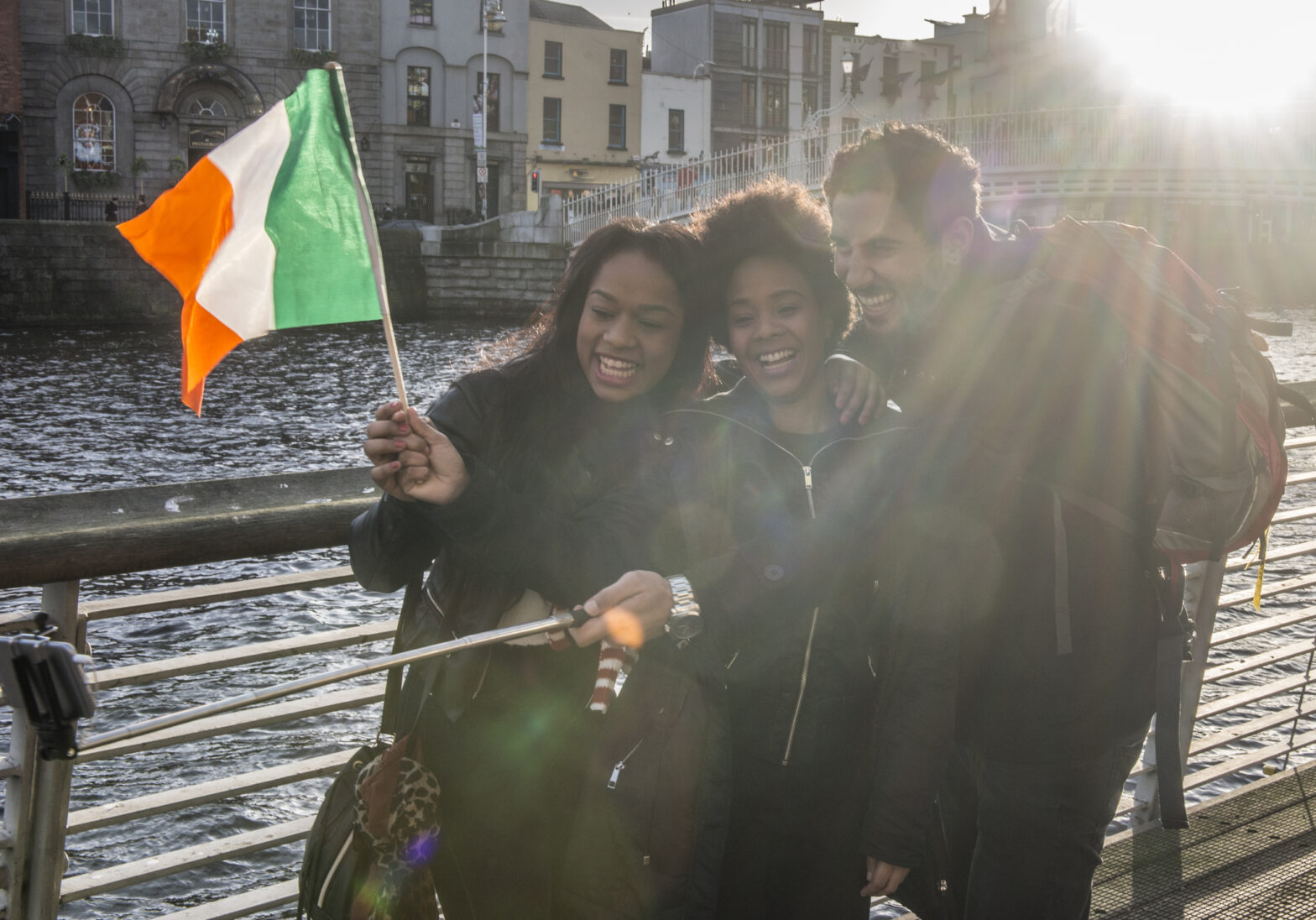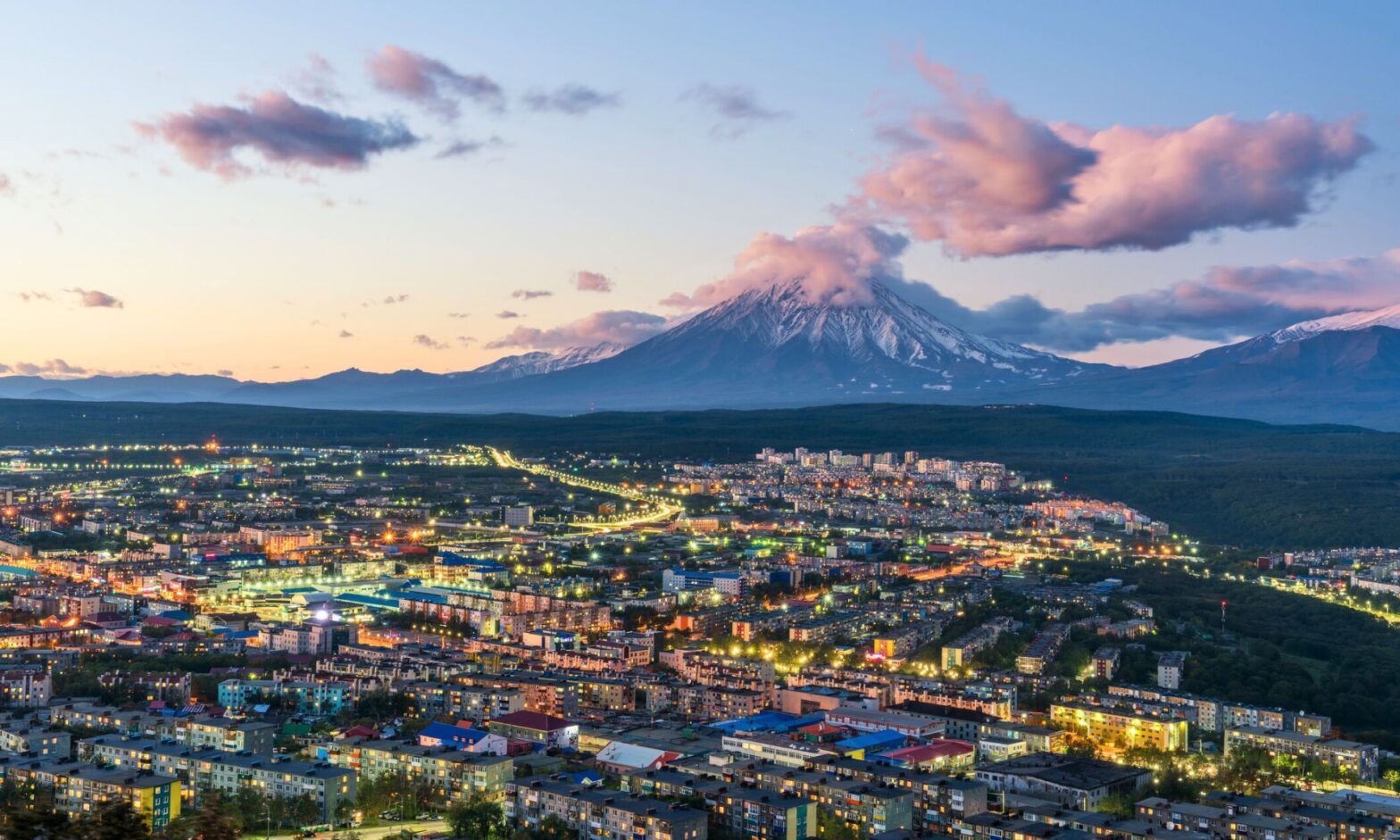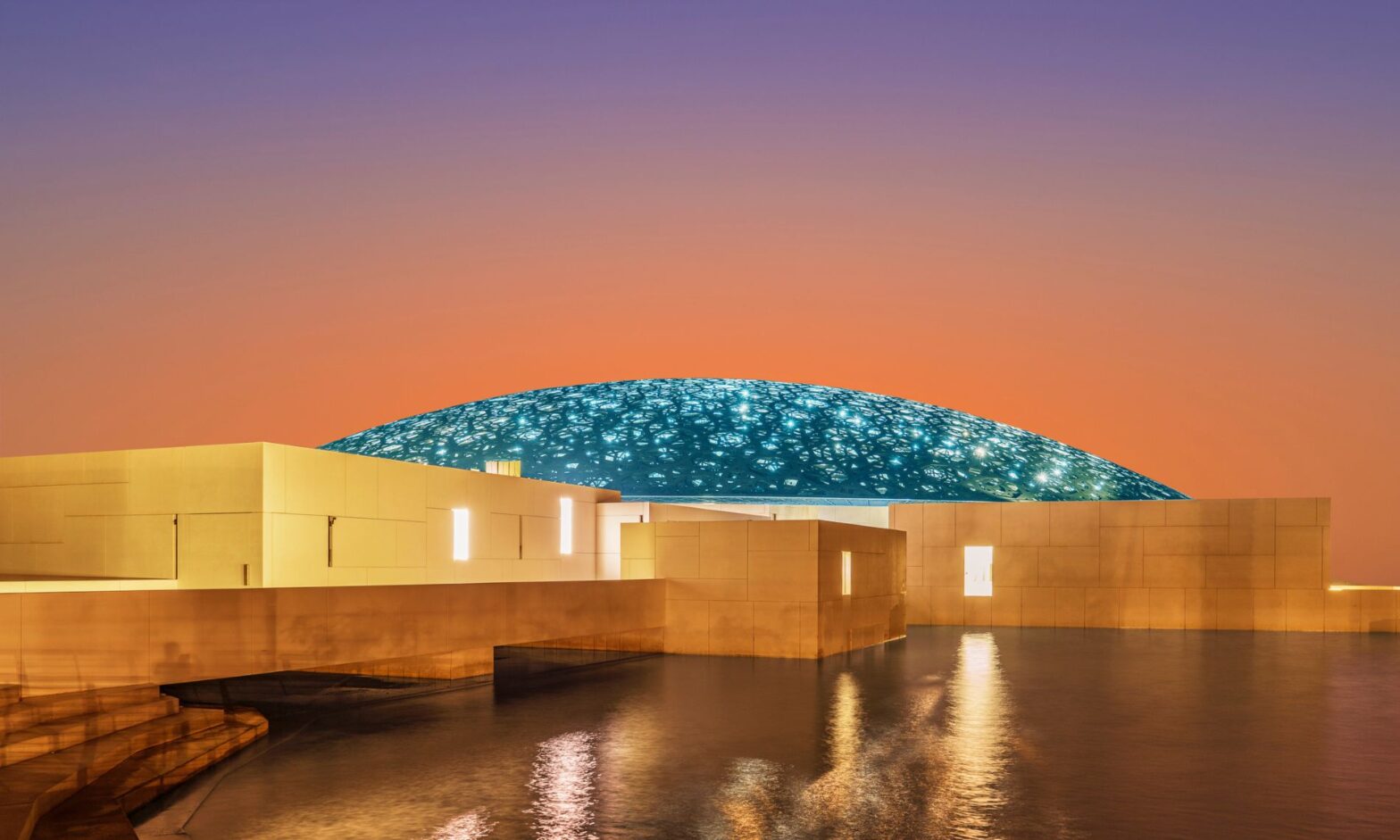From blue eyes, to freckles, to blonde hair, it’s impossible to confine Black people into a singular expression. While it may surprise you, from the earliest African arrivals on Irish shores, Black people have played an important role in shaping Irish society. Although there aren’t very many Black people living in Ireland today, they still manage to make an impact. Education on this history is crucial as many confuse these Irish people’s ethnicity with their race.
Despite facing discrimination and marginalization, Black Irish men and women have made significant contributions to the country’s cultural, political, and economic landscape. Similarly to the US, the UK, and other western nations, the (often dark) history of the country and its Black population are foundational parts of Ireland’s history.
Black People Have Been In Ireland For Years
Ronan McGreevy for The Irish Times referenced a documentary about some of Ireland’s earliest inhabitants. They weren’t white—quite the opposite in fact. According to the documentary, “Prehistoric Irish people had dark skin and blue eyes. They inhabited the island for 4,000 years.”
Elizabeth Stack, the executive director of the Irish American Heritage Museum, told the Daily Gazette that Ireland isn’t quite as monolithic as most might think.
“The fact is there were Black people in Ireland from quite early on in the 1700s because the British landlords … would have had both servants and slaves,” she said.
However, even earlier than this, McGreevy wrote that the arrival of farmers from Turkey 6,000 years ago during the Neolithic era was most likely a peaceful coexistence between the native, Black hunter-gatherers and the newly arrived farmers. Note: violence arriving with the Turks is still a possibility, but the shared ancestors of the remaining Turkish farmers with the original hunter-gatherers of the Burren suggest otherwise, according to TCD geneticist, Dr. Lara Cassidy, quoted by McGreevy.
As about 4,000 more years passed, more light-skinned people immigrated to Ireland, and this can be considered the earliest explanation for where the more commonly known genetics of modern Irish people come from today. Not only did these farmers come in and begin to dominate the population, but they completely changed the landscape of the Burren land, said Environmental biologist Carl Wright, to clear space for their farms.
The Rule Of The British
Fast forward to 1845, Frederick Douglass traveled to Ireland to decry slavery and found allies there. His visit coincided with the start of the Great Famine, which killed approximately 1 million Irish people. Britain ruled Ireland at the time, and its poor handling of the crisis furthered the death toll.
Douglass condemned the cruelty shown to the Irish people and Black slaves. However, Baltimore Magazine noted, “He made the careful distinction . . . that Britain’s subjugation of the Irish and the Southern plantation owners’ enslavement of Black Americans were not on par as evils.”
Racism Still Exists In Ireland
Tamilore Awonusi shared his experience as a Black Irish man in an insightful article for The Irish Times. He said Black Irish people are all too familiar with the phrases, “Where are you really from?” and said, “You don’t look like you’re from around here.”
These kinds of questions and statements may seem innocuous on the surface. But in actuality, they aren’t.
Awonusi wrote that these phrases “set a benchmark for casual racism.”
He pushed himself to the breaking point in school, believing that this was the way to gain acceptance from his non-Black peers. “At some point,” he said, “you start to lose your own identity working so hard to create one for other people.”
The article highlighted other Black people who encountered racism in Ireland. Some were born there, while others emigrated or sought asylum.
Irish Black History Month And The First Black Miss Ireland
In the United States, Black History Month has been observed every February since 1976. Ireland followed suit many years later, and designated October as their Black History Month.
As reported by Travel Noire, “Irish Black History Month first began in Cork in 2010, although it wasn’t until 2014 that it was consolidated as a nationwide event. It was facilitated by a network of groups who worked together through Africa Irish Development Initiatives (AIDI) to host a series of events in celebration of the African-Irish community.”
In 2021, Pamela Uba became the first Black woman to win the Miss Ireland beauty pageant title.
She told The Irish Times, “It means so much to me. I am so grateful I can show girls that color is not something that holds you back and it doesn’t matter where you come from. The world is your oyster.”
Notable Black Irish Figures
The Black Irish community has produced leaders, artists, athletes, and thinkers who continue to shape contemporary Irish life. Here are just a few notable Black Irish individuals:
- Phil Lynott – Iconic frontman of the rock band Thin Lizzy, and one of Ireland’s first global Black music stars.
- Emma Dabiri – Academic, broadcaster, and author of Don’t Touch My Hair, whose work explores identity, race, and belonging in Ireland and the diaspora.
- Rhasidat Adeleke – Record-breaking sprinter and rising international star in athletics.
- Bulelani Mfaco – Activist and spokesperson for the Movement of Asylum Seekers in Ireland (MASI).
- Tobi Lawal – Professional basketball player who represents Ireland internationally.
- Femi Bankole – Co-founder of Black and Irish, a social media platform and movement amplifying Black Irish voices.
- Ruth Negga – Oscar-nominated actress born in Ethiopia and raised in Limerick, known for her work in Loving, Passing, and Irish theatre.
These individuals reflect the depth and diversity within the Black Irish experience, continuing to break barriers in their respective fields.
Frequently Asked Questions (FAQ)
1. Are there second-generation Black Irish citizens, and how do they experience identity in Ireland?
Yes. Many Black Irish youth are born and raised in Ireland, identifying deeply with Irish culture while also navigating complex conversations around race, belonging, and national identity. Their lived experiences often reveal a tension between being seen as Irish and being treated as such, socially and institutionally.
2. What is life like for Black asylum seekers in Ireland?
Many Black immigrants and refugees in Ireland arrive through the Direct Provision system, which has been widely criticized for its dehumanizing conditions and lengthy processing times. Activists like Bulelani Mfaco have called for the abolition of the system, citing how it disproportionately affects African and Caribbean asylum seekers.
3. Are there any Black Gaelic speakers or people involved in preserving traditional Irish culture?
Yes, although it is still rare, some Black Irish individuals actively learn and participate in traditional Irish cultural practices, from speaking Gaelic to participating in GAA sports or Irish music and dance. Their involvement challenges assumptions about what it means to be “traditionally” Irish.
4. How does being Black in Ireland compare to being Black in the US or the UK?
While all three contexts involve anti-Black racism, Ireland has its own dynamics, including a smaller Black population, different colonial legacies, and a newer wave of immigration. In Ireland, racism often appears as casual erasure or othering, rather than overt hostility, but both forms are deeply damaging. Unlike in the US or UK, there’s still limited national dialogue about systemic racism.
5. What role does religion or spirituality play in the Black Irish community?
Christianity — especially Pentecostal and Evangelical denominations — remains significant within many African Irish communities. At the same time, younger Black Irish individuals are also reclaiming ancestral spirituality or engaging with secular and pan-African ideologies. Faith-based institutions often double as cultural hubs, offering support and connection amid social isolation.





